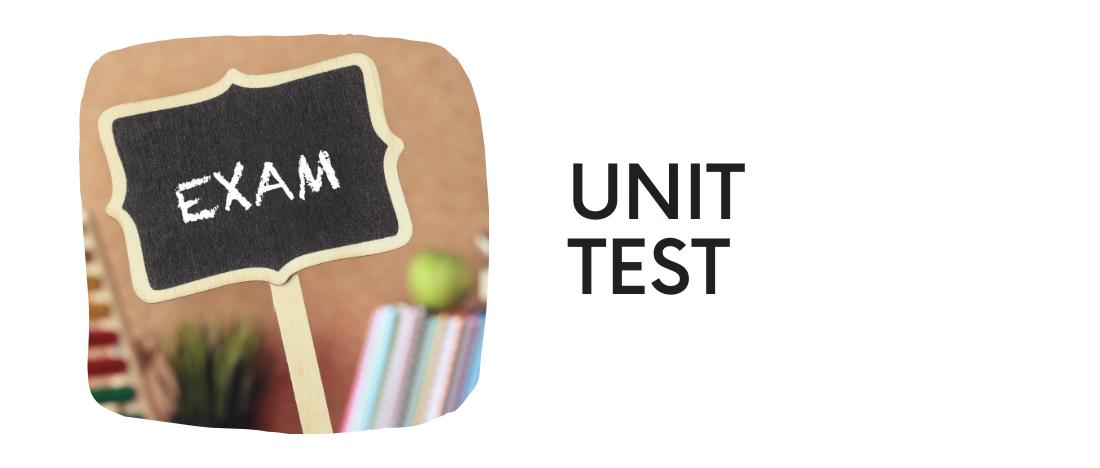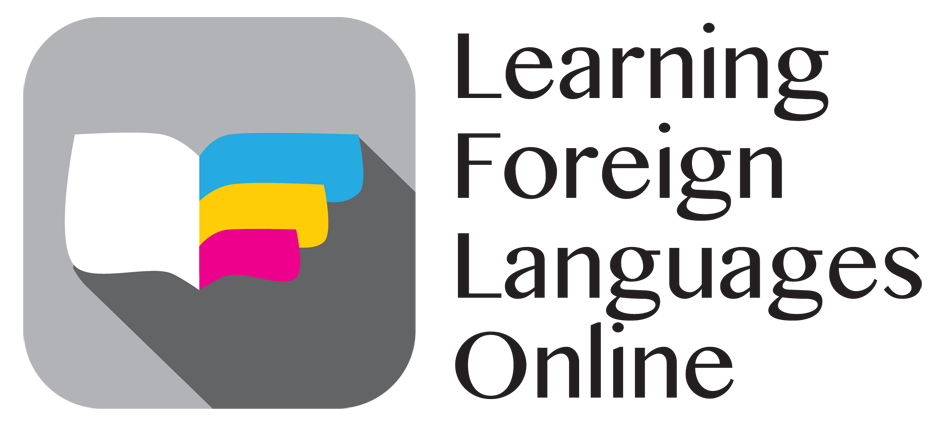
E-course
Vocabulary
Module 2 | Unit 3
Introduction
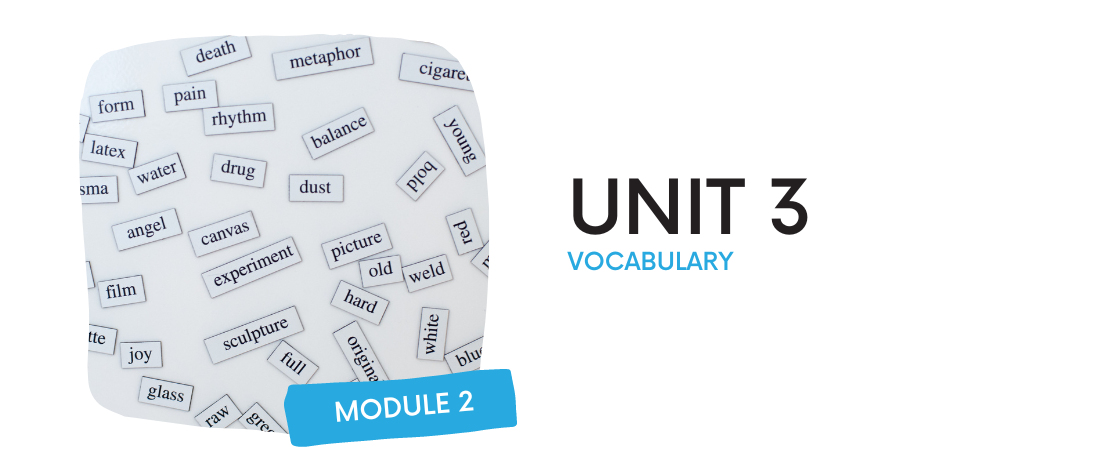
Vocabulary is all of the words that make a language; it is always the basis for learning a new language. However, it is not just about words, it is also about learning how certain words go together naturally, like collocations, expressions, and phrases. Some people think that vocabulary may be the most important element of a language for a language learner. Vocabulary can provide the building blocks to express thoughts and ideas as well as to share information and understand others in a new language; a broader vocabulary helps develop your language skills in other areas such as, listening, speaking, and reading, which will boost your confidence and motivation towards learning a new language.
Getting started

Tips

1. Flashcards
Learning vocabulary requires the skill of memorization, so flashcards are a simple but effective tool that can be used to help learners with vocabulary.
Use flashcards either with pictures or without and the word written in bold lettering.
Practise saying the words regularly, until you are confident that you can remember the vocabulary, then find other sets of flashcards with new vocabulary to use.
Flashcards can be used to cover a specific area or topic you would like to learn such as clothing, food, animals, or even everyday phrases.
Flashcards can be made using pen and paper, or you can create them on an online platform. For instance, Quizlet allows you to make your own digital flashcards on their website or app.
Have different stacks of flashcards, e.g., one for words you know very well, one for words you know but are not confident yet with and one for words you find difficult to remember. You can use the stacks in whatever way you choose, through games or simply saying the words, paying attention to your pronunciation – You should review the flashcards with difficult to remember words more often.
2. Immerse yourself
The quickest way to achieve a good level of fluency is to immerse yourself in the country of your chosen language.
By doing this you will be surrounded by native speakers. You will be forced to speak the language all the time you are there.
This is the best way to learn a language, there will also be full immersion opportunities through work or study.
You can take note of the words you see on street signs, or the words you hear in conversations, or on TV, etc. Try to use these words whenever you can and write them in a vocabulary notebook or on flashcards. You will also learn words that you can’t find in a textbook, such as slang.
3. Speak a word
A good method for memorization is to say words aloud. Or you can even try mouthing the word without making a sound.
Research suggests that this will increase your chances of remembering words and that it is a better method than just reading words silently. This may also help improve your long-term memory.
Another effective memorization technique is to link any new words with pictures. To practice this method you can draw a picture that best represents the meaning of a word, this can be a drawn image or a picture in your mind that you can think back to each time you come across that word. By doing this you will be able to visualise the meaning of the words. If you do not have time for drawing a picture, making a mental image of the word is also an effective way to increase your vocabulary.
4. Read often
Reading is a great way to learn more words.
Try to spend a few minutes each day reading something you find interesting. This can be anything from an article or a blog, a short story or a book. Try to keep whatever you decide to read at a level you can understand.
While doing this, you are likely to find words for the first time. First try to guess the meaning of the new words based on the context. In the case of important words, you may also want to write them down and revise them later for practice and study.
5. Find out more about memorization techniques
Psychologists and language acquisition researchers have done a lot of work on memorization techniques. There is a wide range of memorization techniques which you can easily find about through a quick Google search. Do some research and find out about these techniques, one of them is the link system. The idea is very simple, you take a list of words you want to remember and visualise a story or a dialogue around them. The sillier the story, the better. You can try the chunking technique, you group items together so it’s easier to remember them. you know how you remember songs even if you haven’t heard them in years. Combine melodies and words to remember more efficiently. Try different techniques to see how they work for you.
6. Learn phrases
As well as individual words, try finding and learning phrases that may be useful. The ones you need in the beginning are usually the same all over the world, introducing yourself, saying hello and goodbye, saying thank you and please, apologising and asking for help.
Try not to use a translator but instead collect phrases from sources such as, phrase books, online phrase lists or videos.
Try some of the following to help you remember and use the phrases.
- Playing and listening to recordings of native speaker’s pronunciation
- Testing your knowledge by writing down the phrases from memory, then comparing against the original
- Using new words and phrases in everyday speech
- Listening to songs and writing down the lyrics – songs are often full of good phrases.
7. Use a dictionary
Using a dictionary can give you lots of extra information about new words. They can help you get a better understanding of new words.
A dictionary gives you all of the different meanings of the same word. The connotations of the word. The subtle differences in meaning between the word and other similar words. You can also find a translation for words that are difficult to understand through a definition in the foreign language.
Check how to spell the words and learn how to pronounce the words correctly.
8. Break down words
If you feel you have already learnt a good number of words, then you may find it useful to study the roots, prefixes and suffixes of words. A prefix is added to the beginning of the word to change its meaning and the suffix to the end.
This will help you understand where the words come from and it can make a big difference to your understanding of words. It will help you predict the meaning without the need to search for it.
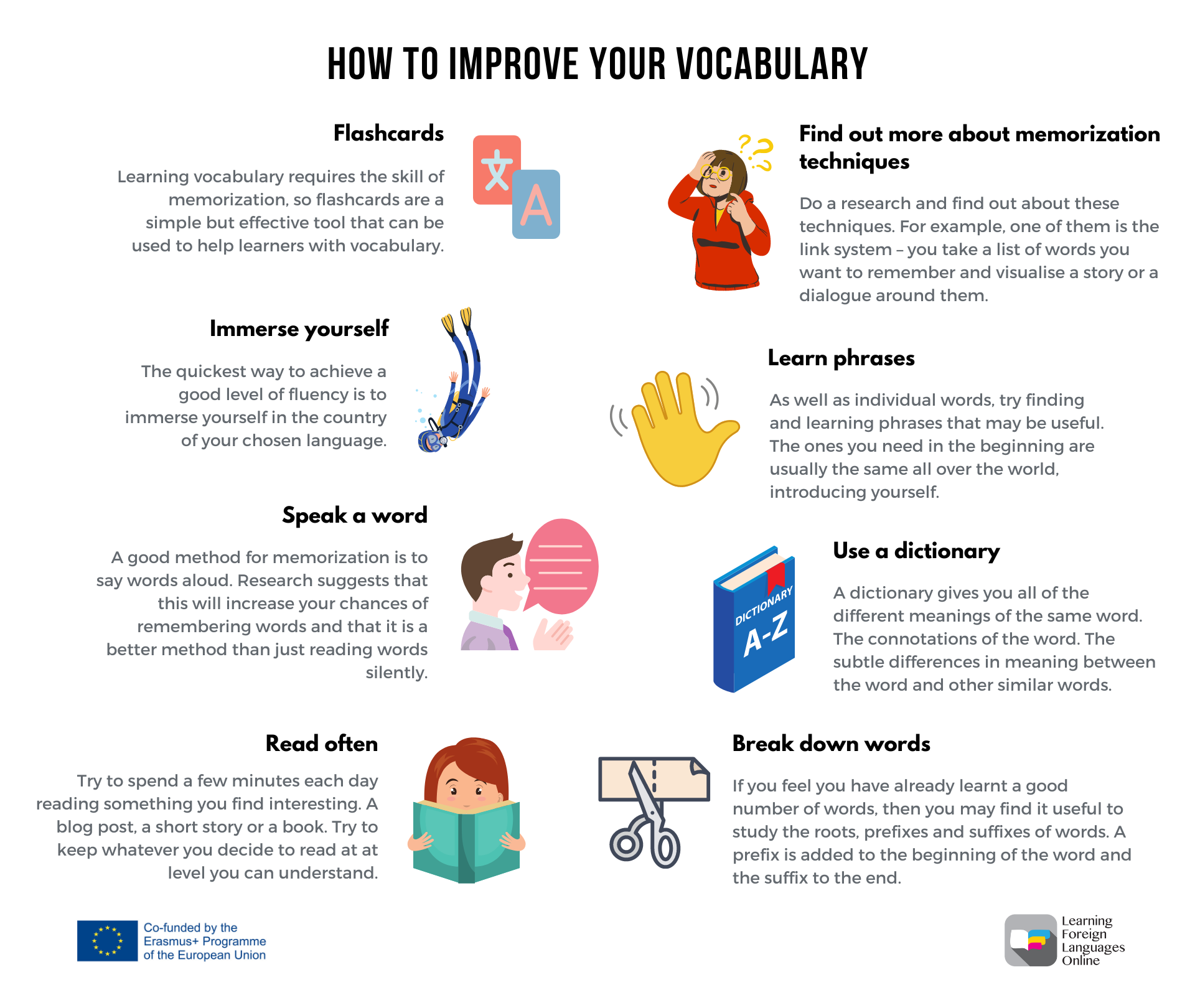
More resources
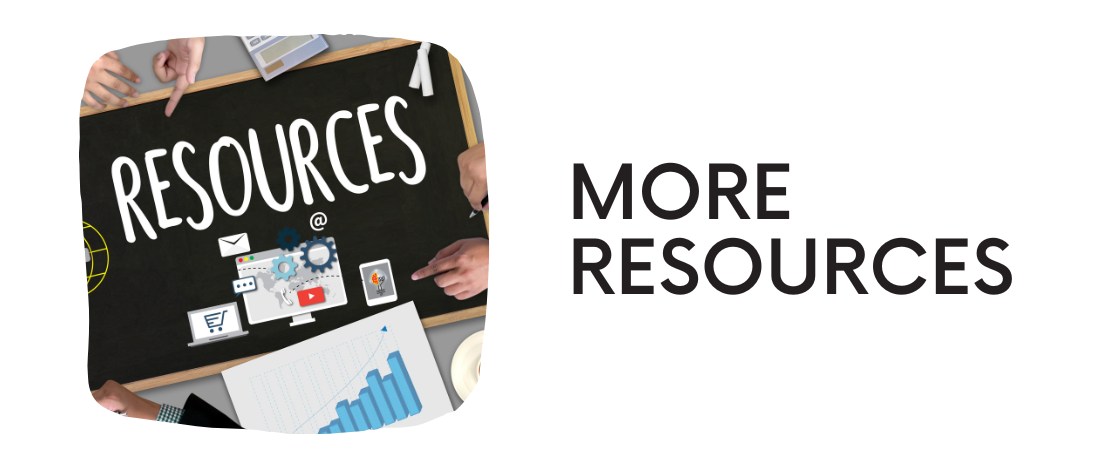
Still want to continue learning about the topic of this unit? Not to worry, we have made a selection of further resources that you can use if you would like to find out more. Just click on the links and keep learning!
- 7 Insanely Effective Techniques to Memorise Vocabulary in a New Language
- The Only 4 Language Learning Apps That Work
- The Right Way to Learn Vocabulary from Stories
- How to learn vocabulary in a smart and effective way?
- The Top Technique for Learning Vocabulary in Another Language
- 5 Powerful Ways to Memorise Words in a Foreign Language
Practical tasks
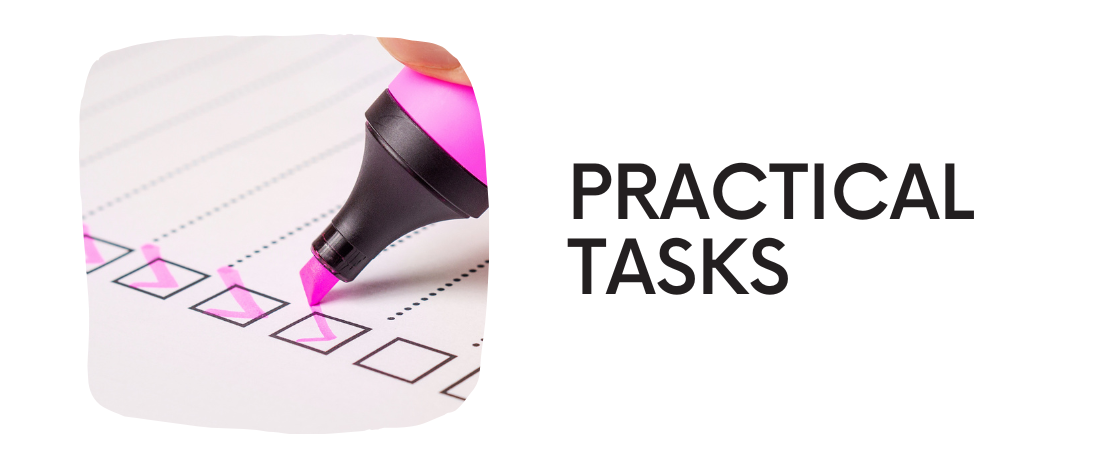
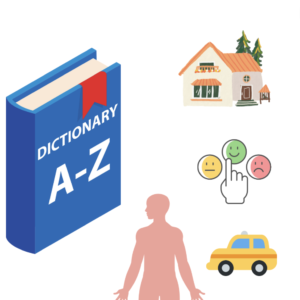 Make your own dictionaries. While you are doing exercises to improve reading, writing, listening and speaking you are going to come across words that you do not know. Once you have a larger number of these words, start grouping them. Divide them into nouns, verbs and adjectives. Group the nouns according to topic (HOUSE – kitchen, bathroom, living room, etc.), do the same with verbs. When you write your adjectives dictionary, write down the opposites (happy – sad, beautiful – ugly, big – small, tall – short, etc.). This way it will be easy for you to find words you need when you need them and it is a great way to revise new vocabulary. If there is a word you have trouble writing, practice writing it at least 15-20 times.An important part of language is learning idiomatic phrases (idioms – when they appear together, they have a different meaning from their original meaning when they appear individually). Learn them according to the topic (BODY – cold feet – to get scared or nervous which prevents you from doing something that has been planned; cry your heart out, give someone a hand, etc. ) and make a special dictionary for them as well. It is also a good idea to use your target language to try to write down explanations of meanings of certain words (ecstatic – feeling extremely happy and excited).
Make your own dictionaries. While you are doing exercises to improve reading, writing, listening and speaking you are going to come across words that you do not know. Once you have a larger number of these words, start grouping them. Divide them into nouns, verbs and adjectives. Group the nouns according to topic (HOUSE – kitchen, bathroom, living room, etc.), do the same with verbs. When you write your adjectives dictionary, write down the opposites (happy – sad, beautiful – ugly, big – small, tall – short, etc.). This way it will be easy for you to find words you need when you need them and it is a great way to revise new vocabulary. If there is a word you have trouble writing, practice writing it at least 15-20 times.An important part of language is learning idiomatic phrases (idioms – when they appear together, they have a different meaning from their original meaning when they appear individually). Learn them according to the topic (BODY – cold feet – to get scared or nervous which prevents you from doing something that has been planned; cry your heart out, give someone a hand, etc. ) and make a special dictionary for them as well. It is also a good idea to use your target language to try to write down explanations of meanings of certain words (ecstatic – feeling extremely happy and excited).
It is a good idea to learn vocabulary by choosing a topic you know will be useful to you. Choose a topic to start expanding our vocabulary. Think of words that might be useful to you, they can be high frequency words or words related to your job, family, home, hobbies, etc. Now you can write down all of these words in a dictionary. You can group them into nouns, verbs and adjectives. For example, first learn the vocabulary about homes and living. Then you can find a short article on that subject and underline all the words you recognize, after that the ones you do not so you can add them to your dictionary. Watch a video on the topic you are learning about. Finally, write your own piece of text on that topic (describe your home, write about where you live). This will make it easier for you to learn because you won’t learn words that are not related to each other and it will be easier for you to practice all of the skills (reading, writing, listening, speaking) one at a time because you will have the tools (words) you need.
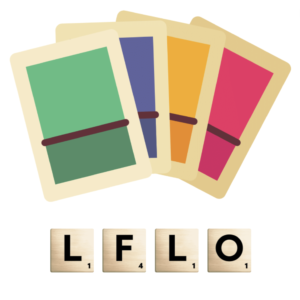 Create games you can play with other learners of your target language, it can be your friends, your kids or your friends. There are a lot of different games you can make with a pen, paper and some will. One of the games is Taboo. Write the word you want others to guess and under it write words which the person who is explaining it mustn’t use to describe it (RAIN – clouds, wet, fall). If you don’t want to make a game you can always play the ones that are at your disposal. Scrabble, words with friends and simple crossword puzzles will provide you with hours of practice and you won’t even feel like you are learning.
Create games you can play with other learners of your target language, it can be your friends, your kids or your friends. There are a lot of different games you can make with a pen, paper and some will. One of the games is Taboo. Write the word you want others to guess and under it write words which the person who is explaining it mustn’t use to describe it (RAIN – clouds, wet, fall). If you don’t want to make a game you can always play the ones that are at your disposal. Scrabble, words with friends and simple crossword puzzles will provide you with hours of practice and you won’t even feel like you are learning.
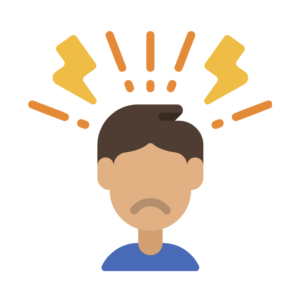 Write down words that you have trouble learning. Divide them into nouns, adjectives, verbs and adverbs and try to write a story in which you use all of these words you find difficult to remember. Make it a simple story, it doesn’t have to be very long. For example, write a story about “A day in the life of…” and try to imagine what this person’s day looks like using the words you have chosen to learn.
Write down words that you have trouble learning. Divide them into nouns, adjectives, verbs and adverbs and try to write a story in which you use all of these words you find difficult to remember. Make it a simple story, it doesn’t have to be very long. For example, write a story about “A day in the life of…” and try to imagine what this person’s day looks like using the words you have chosen to learn.
Unit test
